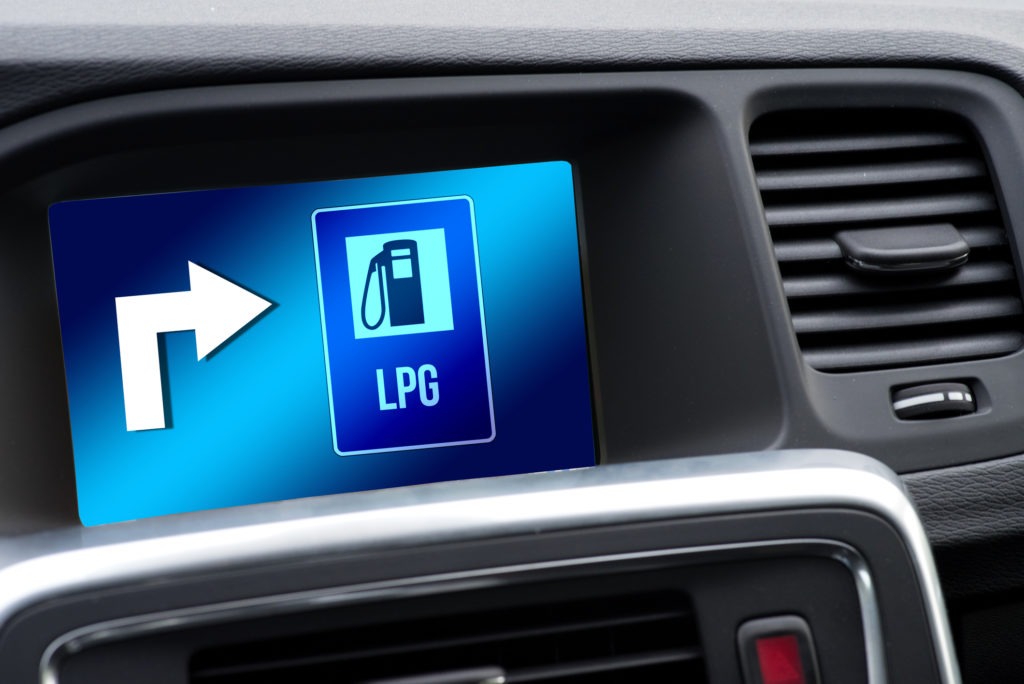Existing alternative fuels will help green transition
14 January 2020

14 January 2020
Europe’s long-term energy transition goals depend not just on developing new technologies but also on alternative-fuel solutions that already reduce harmful emissions.
The EU Commission is reframing its important environment and energy legislation under the European Green Deal, and a coalition of vehicle manufacturers and fuel suppliers is calling for it not to abandon clean, proven and cost-effective solutions such as sustainable renewable fuels and LPG.
The group has made a joint declaration to call on the Commission to take a technology-neutral approach in its upcoming review of the Alternative Fuels Infrastructure Directive (AFID). The coalition includes ACEA (the European Automobile Manufacturers’ Association), Liquid Gas Europe, ePURE (the European renewable ethanol association), EBB (the European Biodiesel Board) and UPEI (representing European independent fuel suppliers).
Existing infrastructure
′It is imperative that all alternative fuels play a role in the energy transition,’ the coalition said today. ′While it is important to set long-term objectives, Europe should not dismiss solutions that are already available, cost-effective, commercially viable, and that positively contribute to the energy transition.’
The group urges the Commission to maintain its current definition of alternative fuels in the AFID, guaranteeing consistent policymaking and a stable investment environment. The directive is intended to build the market for alternative fuels, such as Autogas (LPG as transport fuel) and sustainable renewable fuels (such as ethanol, biodiesel and biogas), which have already reached a certain degree of maturity, and to jump-start a market for newcomers, such as electromobility and hydrogen.
The declaration says that customers, consumers and transport operators will only adopt low and zero-emission options if the technology is affordable, convenient and commercially viable. ′The above-mentioned alternative fuels represent clean, proven and cost-effective solutions for improved ICE technologies that can complement electromobility,’ it adds.
Established players
Currently, alternative-fuelled vehicles represent a small but growing percentage of the EU fleet. Meanwhile, road transport greenhouse gas emissions continue to rise, and many countries are in breach of air quality standards. That means the EU will need to do a better job of mobilising solutions that work today in addition to supporting the market development for new technologies and related infrastructure.
Given the urgency of the climate and air quality crisis, the EU needs to take a practical approach. This includes promoting cleaner-burning fuels that are already commercially viable and competitively priced, that deliver immediate benefits, and that do not require drastic and costly changes to infrastructure or powertrain technologies.
The new Green Deal could also see an amendment to the already strict CO2 rules for 2030. These currently stand at a 37.5% reduction on 2021 levels, which means a reduction from the average 95g/km of CO2 across a manufacturer’s fleet to 60g/km.